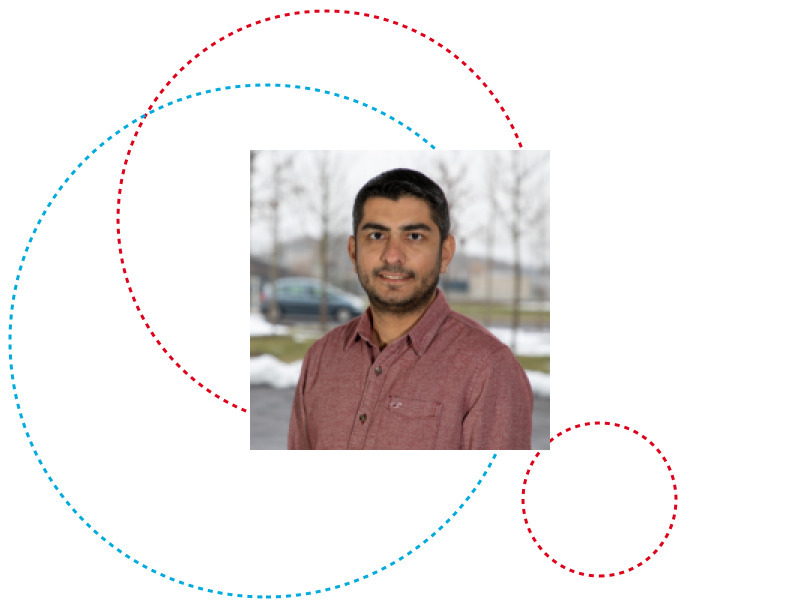You are all cordially invited to attend the PhD Defence of Mr. Yusuf ARSLAN on Monday, 26th of June 2023, at 10.00 am. The defence will take place physically in room E00-D17 at CK Building (Campus Kirchberg).
Members of the defence committee:
- Prof. Dr. Michail PAPADAKIS, Chairman, University of Luxembourg, Luxembourg
- Prof. Dr. Kevin ALLIX, Vice-Chairman, CentraleSupélec, France
- Prof. Dr. Jacques KLEIN, Supervisor, University of Luxembourg, Luxembourg
- Prof. Dr. Christin SEIFERT, Member, University of Marburg, Germany
- Prof. Dr. Benoît FRENAY, Member, University of Namur, Belgium
- Dr. Maxime CORDY, Expert, University of Luxembourg, Luxembourg
Abstract:
The long history of machine learning (ML) has led to ML models with superhuman results. As a consequence of the superhuman results of ML models, more and more real-world application domains exploit them. However, ML models have disadvantages like opaqueness. In the absence of verification, an opaque black box model is left in the lurch. In addition, when regulations – such as the General Data Protection Regulation in Europe – apply, ML models need to be interpretable.
These disadvantages and regulations cause under-use of ML models in highly regulated domains, especially when auditability of processes is demanded, and model understanding is crucial because of high stakes decisions.
Interpretable ML offers a solution to the drawbacks of ML models. It constitutes one of the main instruments that is available to practitioners. If interpretable ML can help practitioners to understand a model better, it could also help algorithms. Indeed, if humans are able to leverage information in explanations of interpretable ML techniques, such information may be methodically exploited in an automated setting. To confirm our intuition, we integrate interpretable ML techniques to the steps of ML pipelines.
This dissertation makes the following contributions to the community:
The first contribution of this thesis is to pinpoint the challenges of interpretable ML in the context of industrial implementation, provide recommendation to overcome these challenges, and thus illuminate the promising research directions as a result of the inspection of an industrial machine learning pipeline.
The second contribution of this thesis is to offer a solution to the issue of ML model performance degradation caused by class imbalance in the resampling step of the model construction stage of the ML pipeline.
The third contribution of this thesis is to highlight the potential of SHAP Explanations to improve model performance, especially for false-positive reduction to decrease the workload of experts while increasing customer trust in industrial settings by inspecting the output of the interpretation step of the post-processing stage of the ML pipeline.
The final contribution of this thesis is to reduce both false-positives and false-negatives by utilizing a second-step classifier based on the SHAP features by using the output of interpretation step of the post-processing stage to obtain a second model for the modeling step of the model construction stage of the ML pipeline.
